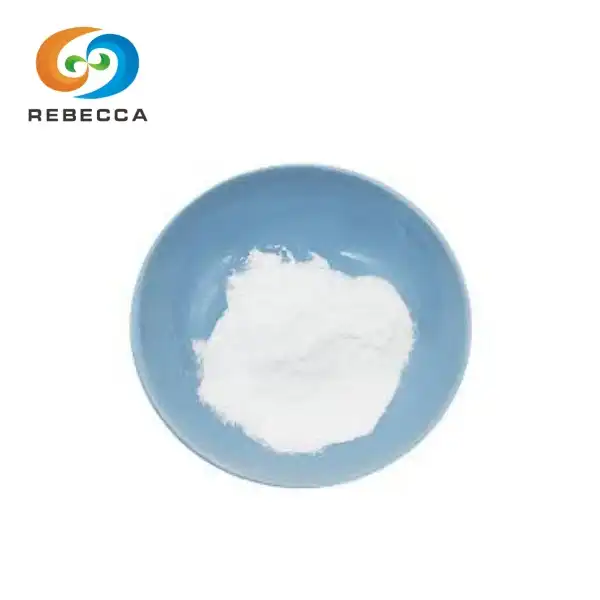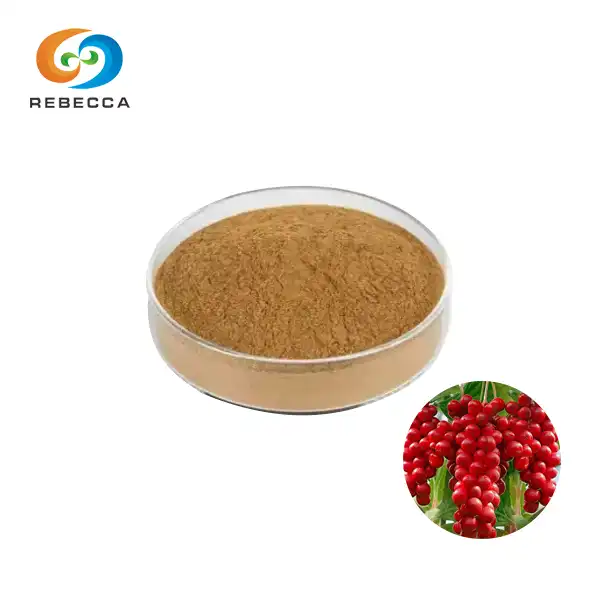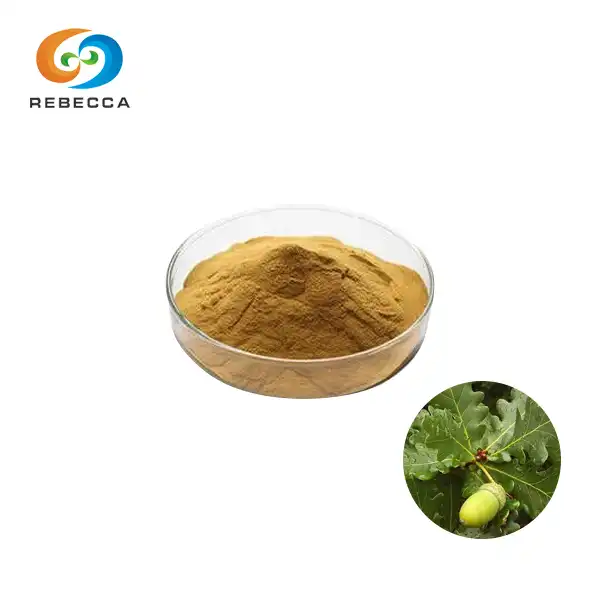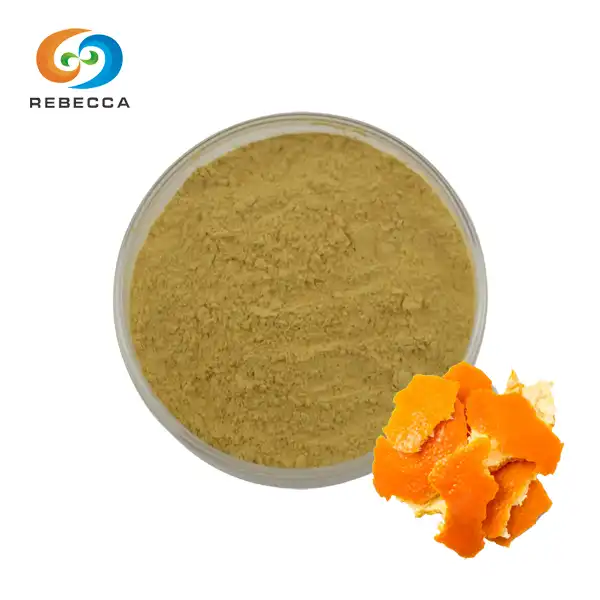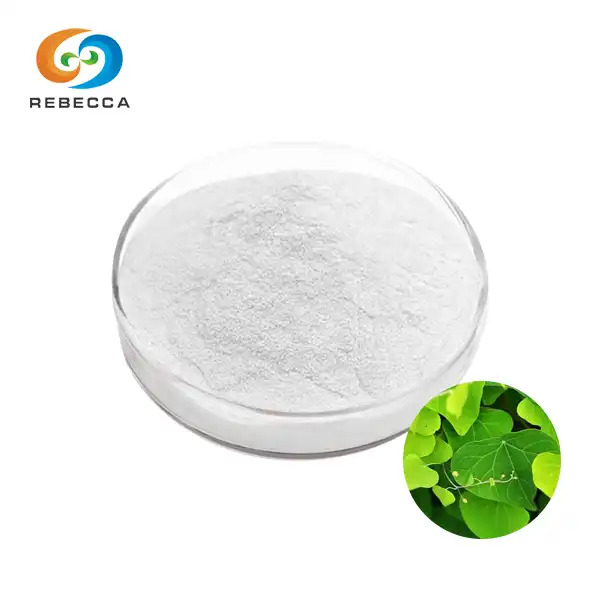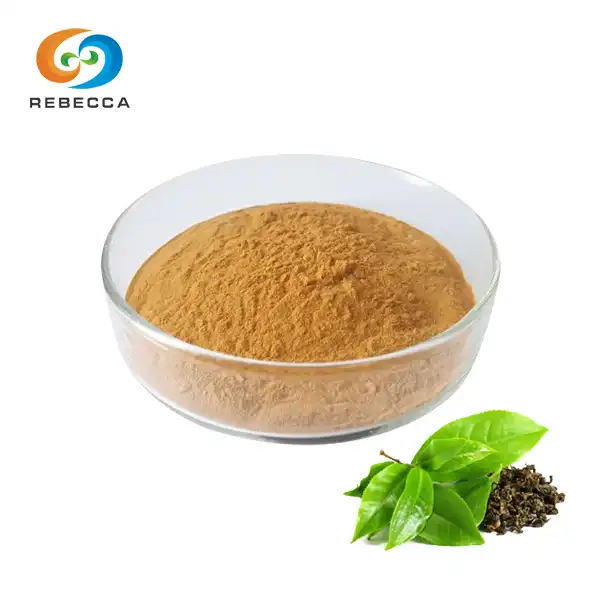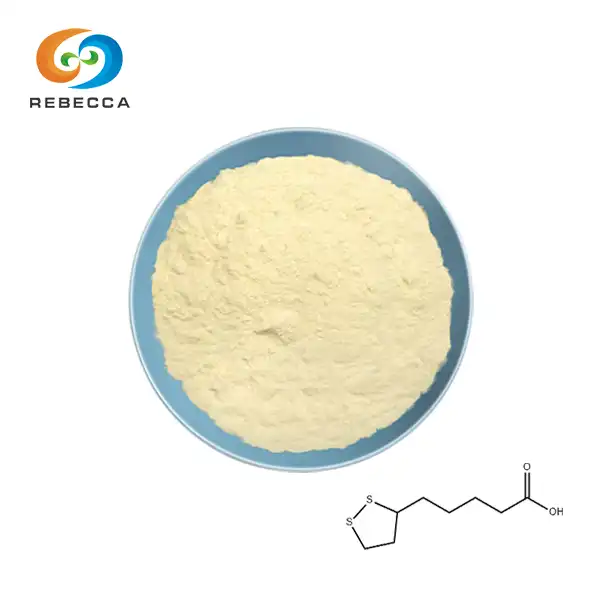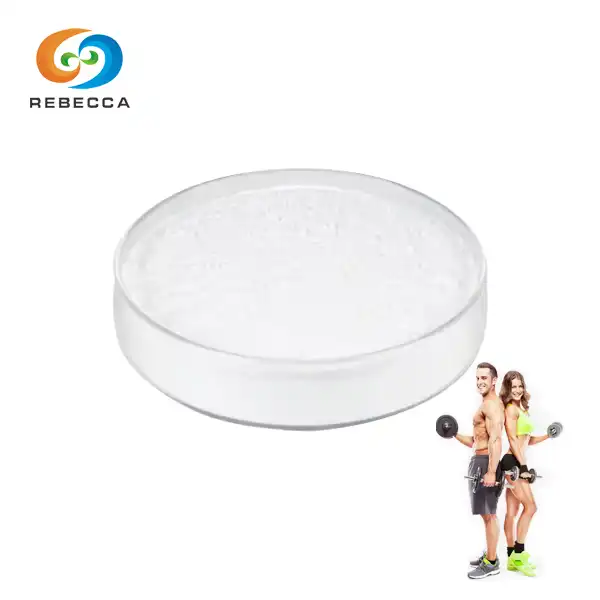Is beta nicotinamide mononucleotide FDA approved?
Beta Nicotinamide Mononucleotide (NMN) has garnered significant attention in recent years for its potential health benefits, particularly in the realm of anti-aging and cellular health. As interest in this compound grows, many are curious about its regulatory status and FDA approval. This comprehensive guide delves into the world of NMN, exploring its benefits, current regulatory landscape, and safety considerations.
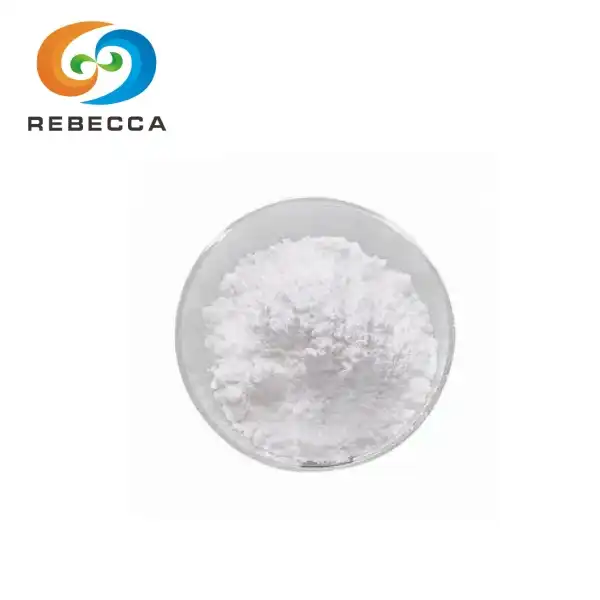
Product Name:Beta-Nicotinamide Mononucleotide (NMN)
Purity: 98%min
Cas No.1094-61-7
Similar Name:β-NMN; β-Nicotinamide ribose monophosphate
Molecular formular: C11H16N2O8P
Molecular weight: 334.22
Storage: store at 0℃~4 ℃
Solubility: soluble in water.
Understanding Beta Nicotinamide Mononucleotide Benefits
The Science Behind NMN
Beta Nicotinamide Mononucleotide is a precursor to Nicotinamide Adenine Dinucleotide (NAD+), a coenzyme essential for numerous cellular processes. As we age, NAD+ levels naturally decline, which has been linked to various age-related conditions. NMN supplementation aims to boost NAD+ levels, potentially mitigating some effects of aging.
Potential Health Advantages
Research on NMN has revealed a plethora of potential benefits:
- Enhanced Cellular Energy Production: NMN may improve mitochondrial function, boosting overall cellular energy.
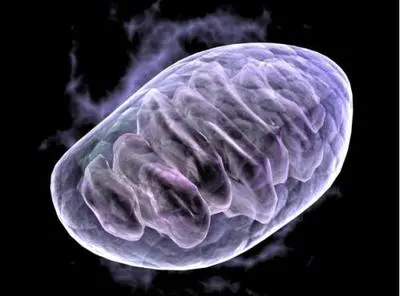
- Cardiovascular Health: Studies suggest NMN could support heart health by improving blood flow and reducing oxidative stress.

- Cognitive Function: Preliminary research indicates potential neuroprotective effects, possibly benefiting brain health.

- Metabolic Health: NMN may help regulate glucose metabolism and insulin sensitivity.
- Muscle Performance: Some studies have shown improved muscle endurance and strength with NMN supplementation.
Ongoing Research and Clinical Trials
While animal studies have shown promising results, human clinical trials are still in progress. Researchers are investigating NMN's effects on various aspects of health and aging, aiming to substantiate its potential benefits in humans.
Current Regulatory Status of Beta Nicotinamide Mononucleotide
FDA Stance on NMN
As of now, Beta Nicotinamide Mononucleotide is not FDA-approved as a drug or dietary supplement. The FDA has expressed concerns about NMN's safety and efficacy, leading to its exclusion from the dietary supplement category in late 2022. This decision was based on the agency's interpretation of the Federal Food, Drug, and Cosmetic Act (FD&C Act).
Global Regulatory Landscape
While the FDA has taken a cautious approach, regulatory status varies globally:
- Japan: NMN is available as a supplement and has been granted GRAS (Generally Recognized As Safe) status.
- Europe: The European Food Safety Authority (EFSA) is currently evaluating NMN's safety as a novel food ingredient.
- Australia: The Therapeutic Goods Administration (TGA) has not yet made a definitive ruling on NMN's status.
Implications for Consumers and Manufacturers
The current regulatory environment poses challenges for both consumers and manufacturers. While NMN products may still be available through certain channels, the lack of FDA approval means there's limited oversight on quality and safety standards. Consumers should exercise caution and do thorough research when considering NMN supplementation.

Beta Nicotinamide Mononucleotide: Uses and Safety Insights
Common Applications of NMN
Despite its regulatory status, NMN continues to be used for various purposes:
- Anti-aging Supplements: Many individuals use NMN as part of their anti-aging regimen.
- Sports Performance: Some athletes incorporate NMN to potentially enhance endurance and recovery.
- Cognitive Support: NMN is sometimes used to support brain health and cognitive function.
- Metabolic Health: Some people use NMN to potentially improve metabolic markers.

Safety Considerations and Potential Side Effects
While NMN is generally well-tolerated, potential side effects may include:
- Gastrointestinal Discomfort: Some users report mild nausea or stomach upset.
- Sleep Disturbances: NMN may affect sleep patterns in some individuals.
- Flushing: A temporary skin flushing effect has been reported by some users.
It's crucial to note that long-term safety data in humans is still limited, and more research is needed to fully understand potential risks associated with beta nicotinamide mononucleotide.
Quality Control and Product Purity
Given the lack of FDA oversight, ensuring product quality and purity is paramount. Reputable manufacturers, like Shaanxi Rebecca Bio-Tech, employ rigorous quality control measures:
- GMP-compliant production processes
- Third-party testing for purity and potency
- Certificates of Analysis (COA) for each batch
- Advanced extraction and purification techniques
These measures help ensure that NMN products meet high standards for safety and efficacy, despite the lack of formal FDA approval.

Future Outlook for NMN Regulation
The regulatory landscape for NMN is dynamic and evolving. As more research emerges, it's possible that regulatory bodies, including the FDA, may reassess their stance on NMN. Continued scientific investigation and clinical trials will play a crucial role in shaping future regulations and potential approval processes.
Conclusion
While Beta Nicotinamide Mononucleotide shows promise in various aspects of health and aging, its current regulatory status remains complex. The compound is not FDA-approved, which underscores the importance of cautious and informed use. As research progresses, the scientific and regulatory landscape surrounding NMN will likely continue to evolve.
For those interested in exploring high-quality NMN products or seeking more information about natural herbal extracts, please contact Shaanxi Rebecca Biotechnology Co., Ltd. at information@sxrebecca.com. Our team of experts is committed to providing safe, effective, and rigorously tested products to support your health and wellness journey.
FAQ
Is NMN safe to use without FDA approval?
While many users report positive experiences, the lack of FDA approval means long-term safety data is limited. It's advisable to consult with a healthcare professional before use.
How does NMN compare to other NAD+ precursors?
NMN is considered highly effective at raising NAD+ levels, potentially more so than other precursors like NR. However, comparative studies are ongoing.
Can I legally purchase NMN supplements?
The legal status of NMN varies by country. In the US, while not FDA-approved, some products may still be available through certain channels.
What dosage of NMN is typically recommended?
Dosages vary, but most studies use between 250-1000mg daily. However, optimal dosage hasn't been definitively established due to limited human trials.
How long does it take to see effects from NMN supplementation?
Effects can vary, but some users report noticeable changes within 2-3 weeks of consistent use. Long-term benefits may take months to manifest.
References
1. Johnson, S. C., et al. (2018). "The NAD+ precursor nicotinamide mononucleotide improves physiological function in mice." Cell Metabolism, 27(5), 1081-1091.
2. Yoshino, J., et al. (2021). "Nicotinamide mononucleotide increases muscle insulin sensitivity in prediabetic women." Science, 372(6547), 1224-1229.
3. FDA. (2022). "FDA Regulation of Dietary Supplement Products Containing Nicotinamide Mononucleotide." FDA Guidance Document.
4. Mills, K. F., et al. (2016). "Long-Term Administration of Nicotinamide Mononucleotide Mitigates Age-Associated Physiological Decline in Mice." Cell Metabolism, 24(6), 795-806.
5. Rajman, L., et al. (2018). "Therapeutic potential of NAD-boosting molecules: the in vivo evidence." Cell Metabolism, 27(3), 529-547.
_1730691017423.webp)










